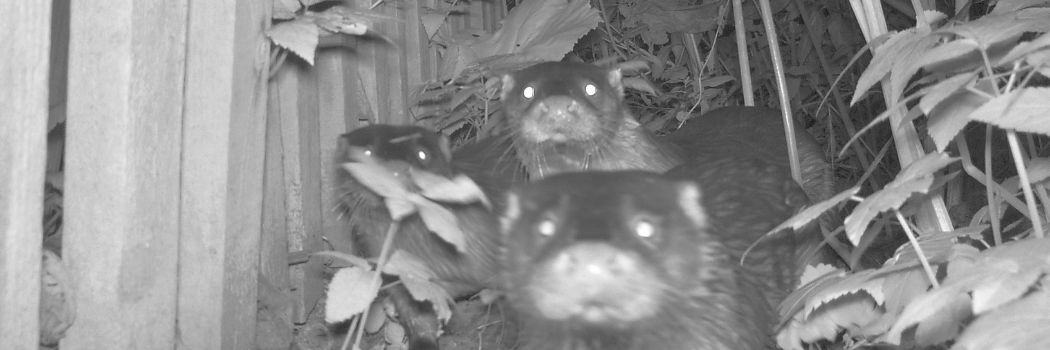Biosciences News
Biosciences partnership awarded £1million in Ofwat innovation competition for eco-friendly Root Defender project
Researchers at the Department of Biosciences have been awarded a major grant from Ofwat in partnership with environmental gel innovator Intelligent Gels, Northumbrian Water and technology innovation catalyst CPI. This is one of 16 initiatives being awarded a share of £40 million in Ofwat’s latest innovation competition – the Water Breakthrough Challenge.
Our scientists are supporting Durham Cathedral to bring swifts to nest
Leading scientists from our Department of Biosciences and Mathematical Sciences are encouraging breeding swifts to nest by setting up high powered speakers in Durham Cathedral’s iconic Belfry Tower.
World Parkinsons Day Picnic 2023
In celebration of World Parkinson’s Day 2023, the Durham Parkinson’s UK Branch, Durham University, Space 2, and Balbir Singh Dance Company collaborated for an afternoon exploring the classical Indian dance of kathak at Durham University Botanic Gardens. This builds on the previous work of the ‘Unmasking Pain’ project with Balbir Singh Dance company backed by Arts Council England, offering similar days for people living with chronic pain.
Trait evolution during a rapid global weed invasion despite little genetic differentiation
New research just published by Dr Adrian Brennan and a team of researchers: Invasive species often possess a great capacity to adapt to novel environments in the form of spatial trait variation, as a result of varying selection regimes, genetic drift, or plasticity.
New study foresees threat of invasive species in UK’s Overseas Territories
A leading scientist from our Department of Biosciences has collaborated with researchers from UK Centre for Ecology & Hydrology to predict which invasive species could pose a future threat to the UK’s ecologically unique Overseas Territories.
Working with Zimbabwean farmers to rebuild soils
Dr Steve Chivasa is part of our Biosciences Department and specialises in understanding how plants respond to stressful environments. Here he discusses a project he’s working on to help farmers in Zimbabwe overcome challenges caused by soil degradation.
Gabapentinoid and Opioid Tapering Toolbox (GOTT):We have achieved zero patients on high dose opioids!
Persistent pain is a huge world-wide health challenge. It is the primary reason people in the UK see their GP. The World Health Organisation (WHO) recognised it as a priority disease in 2019. NICE has also recently accepted that current chronic pain medications have limited use, and in fact carry serious safety concerns. Reducing opioid prescriptions (for non-cancer pain) to zero by 2024 is a priority for Public Health England (PHE).
Scientists decrypt the ‘mechanical code’ of DNA
Our highly-rated Department of Biosciences has helped to decipher the mechanical code of DNA.
Addison Wheeler postdoctoral fellowship recruitment 2022/23
The Institute of Advanced Study has opened the recruitment for the 2022/23 Addison Wheeler postdoctoral fellowship round.
European colonialism is still visible in today’s plant distributions
European colonialism is still evident in the spread and prevalence of plants in countries around the world, according to new research involving our Department of Biosciences.
Can you help record the UK’s mammal activity?
If you’re interested in conservation and ecology, our MammalWeb project needs your help to chart the activity of the UK’s mammals.
Songbirds with unique colours are more likely to be traded as pets – new research
Dr Rebecca Senior from our Department of Biosciences shares her new research on uniquely coloured songbirds and how they could become extinct as a result of pet trade.










.png)
.png)

